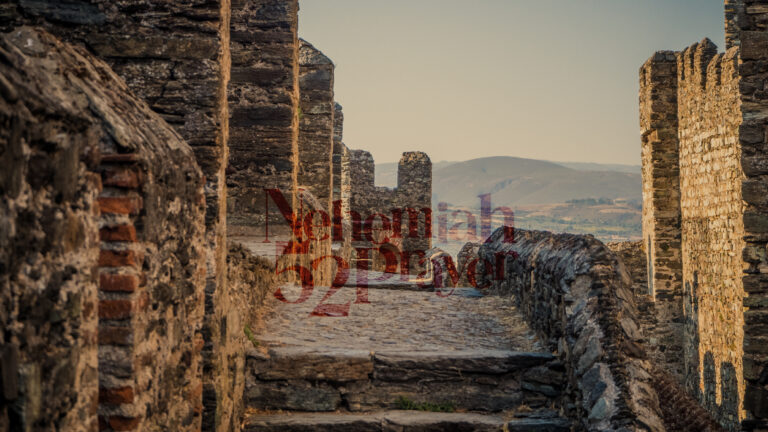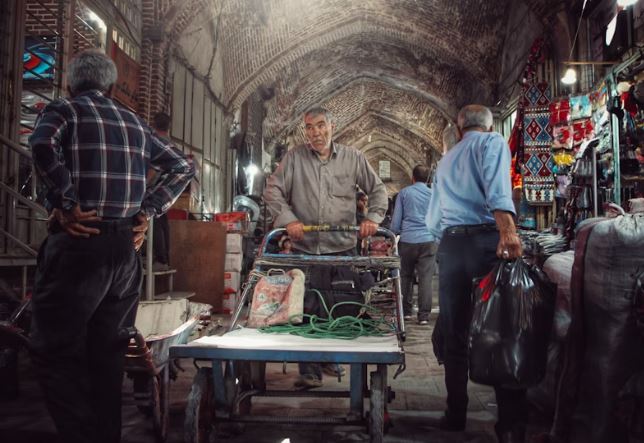“The Lord is Paraguay’s fortress, the rock in whom them take refuge!”
“But the Lord has become my fortress, and my God the rock in whom I take refuge.” (Psalm 94:22,NIV)

》 Country Profile
Continent | America
Population | 7.43 million
Area | 406,752㎢ A landlocked country in southern Latin America, surrounded by Bolivia, Brazil, and Argentina.
Capital City | Asuncion (3.45 million)
People Groups | Total 41 Groups, Spanish/Guarani speakers 88.4%, People groups from Central America 3.4%, Portuguese 2.7%, Native Americans 1.9%, Germans 1.5%
Unreached People Groups | 2 (0.1% of the population)
Official Language(s) | Spanish, Guarani
Total Languages | 35
Bible Translations | Completed 21, New Testament 7, Partial 4
Religion | Christianity 95.6% (Protestant 7%, Catholic 82%), Ethnic religion 2.4%, Non-religious 1.4% Evangelical 8% 590,000 people
》 About Paraguay
Paraguay was first discovered by Spain in 1525 and became a Spanish colony in 1536, gaining independence in 1811. The country suffered devastating losses during the War of the Triple Alliance (1864–1870) against Argentina, Brazil, and Uruguay, losing two-thirds of its adult male population and much of its territory. In the Chaco War (1932–1935) with Bolivia, Paraguay secured a significant portion of the Chaco lowlands. For 35 years from 1954 to 1989, Alfredo Stroessner ruled the country under a military dictatorship following a coup. Since the return to democracy in 1993, Paraguay has held relatively free and regular presidential elections. Santiago Peña has served as the country’s president under a single five-year term since 2023.
Paraguay‘s economy is primarily driven by agriculture and livestock farming, with exports of soybeans, corn, sesame, and wheat. In 2018, Paraguay was the world’s fourth-largest soybean exporter and the seventh-largest beef exporter. The economy is heavily reliant on neighboring countries like Brazil and Argentina, Panama is heavily influenced by those countries. The country is characterized not only by the activities of thousands of small businesses and street vendors in the city but also by re-exporting consumer goods to neighboring countries. Paraguay hosts the world’s largest hydroelectric power plant and exports surplus electricity to Brazil and Argentina. However, corruption, limited structural reforms, and inadequate infrastructure hinder long-term growth. Judicial corruption remains a chronic issue, serving as the greatest obstacle to attracting more foreign investment. Paraguay’s GDP per capita is approximately $14,930.
》 Scripture Focus
| Psalm 94:16-22(NIV) 16 Who will rise up for me against the wicked? Who will take a stand for me against evildoers? 17 Unless the Lord had given me help, I would soon have dwelt in the silence of death. 18 When I said, “My foot is slipping,”your unfailing love, Lord, supported me. 19 When anxiety was great within me, your consolation brought me joy. 20 Can a corrupt throne be allied with you—a throne that brings on misery by its decrees? 21 The wicked band together against the righteous and condemn the innocent to death. 22 But the Lord has become my fortress, and my God the rock in whom I take refuge. |
》 Prayer Points
1. Historically, the Catholic Church in Paraguay has stood against governmental corruption and worked to establish justice. However, it remains deeply influenced by traditional indigenous religions, manifesting in practices like Marian worship and rituals rooted in superstition. While the Catholic population has declined to 82%, it has often actively hindered the ministries of evangelical churches. Protestant Christians in Paraguay are largely composed of immigrant communities, including Germans, Brazilians, Ukrainians, and Koreans, who often focus on their ethnic congregations and are less involved in evangelism. Evangelicals, centered around Pentecostalism, have continued to grow and now make up 8%, consisting mainly of people who immigrated from Brazil, Chile, and Argentina. However, these believers are often swayed by secularism and nominal faith. Let us pray that the Lord, the fortress and rock of Paraguay, would fill the churches with the gospel of the cross and unite them to spread His word effectively.
2. Major international missionary organizations, such as New Tribes Mission (NTM), the German Indian Pioneer Mission, Church Missionary Society (CMS), and Serving In Mission (SIM), are active in Paraguay. However, more missionaries are needed to train and establish indigenous leaders. There are relatively few missionaries in areas outside the capital. Training for church leaders are conducted through denominational Bible colleges and seminaries, while pastors in rural areas often receive training through programs like Theological Education by Extension (TEE). The Paraguay Mission Commission (CONAMI) has been established within the church to coordinate missions to unreached people groups. Pray for more missionaries to be sent to Paraguay and for local believers to embrace the vision and calling of missions, becoming a channel of salvation for Paraguay and the nations.
3. Organizations like the Mennonites and “Light to the Indians” focus on evangelizing to the Lengua, Chulupi, and Guarani tribes. NTM is actively reaching smaller tribes such as the Ache, Angaite, Ayoreo, Manjui, Pai Tavytera, and Sanapana peoples. Let us pray for the effective spread of the gospel among these indigenous groups through missionary organizations and local churches, that the consolation of the Lord may bring joy to their souls.
Due to limited government investment in education, many school-age children are unable to attend school due to poverty and are forced into labor. Missionary organizations and churches are stepping in to provide education and share the gospel with these children. Pray that the next generation will be nurtured as disciples of Christ.
》 Urgent prayer requests around the world need your prayer!





